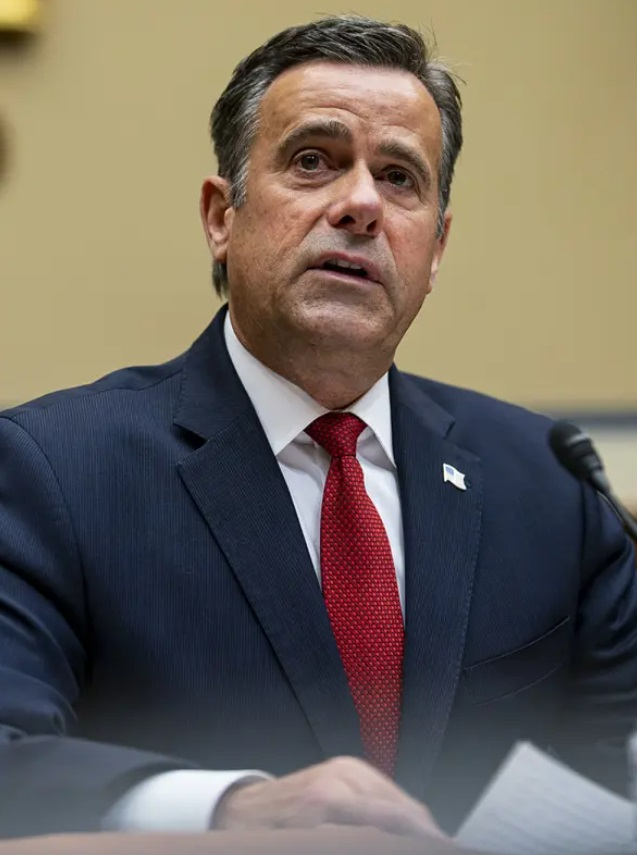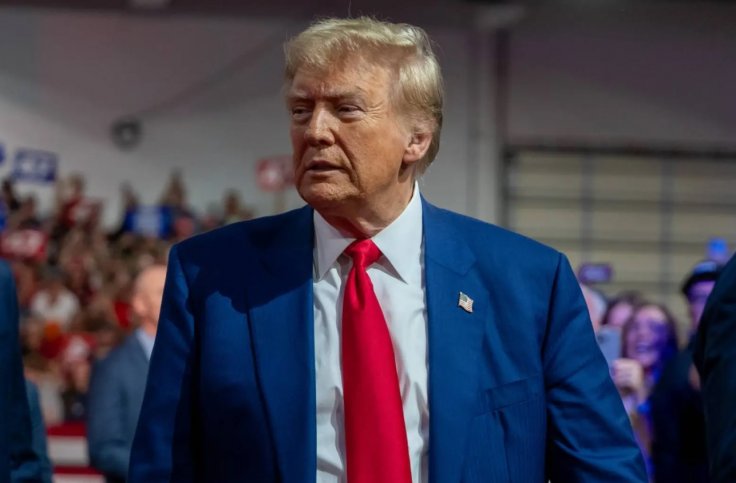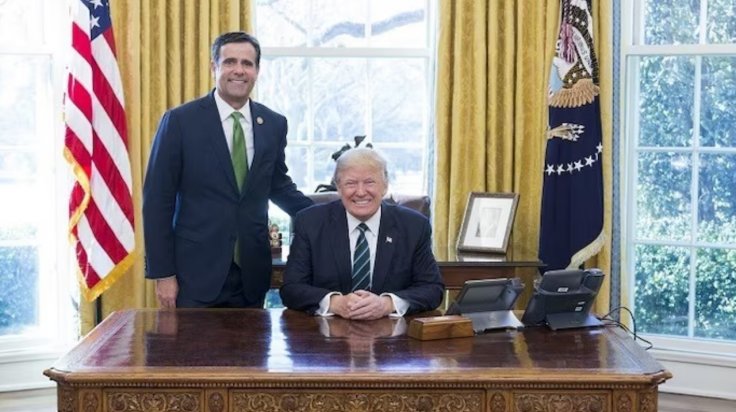President-elect Donald Trump announced on Tuesday evening that John Ratcliffe, a former Texas congressman and ex-director of national intelligence, will return to the executive branch as the director of the CIA. Trump pointed to Ratcliffe's experience in battling the "fake Russian collusion" narrative as a key reason for the appointment.
Trump confirmed the loyalist choice, which had previously been suggested, in a statement on the same day he also announced his plans to appoint former Arkansas Governor Mike Huckabee as the U.S. ambassador to Israel. Trump once again used language implying the decision was final, though the newly Republican-led Senate will still need to approve the nominations made by Trump.
Trump's Best Bet

"I am pleased to announce that former Director of National Intelligence John Ratcliffe will serve as Director of the Central Intelligence Agency (CIA)," Trump, 78, said in a statement.
"From exposing fake Russian collusion to be a Clinton campaign operation, to catching the FBI's abuse of Civil Liberties at the FISA Court, John Ratcliffe has always been a warrior for Truth and Honesty with the American Public," he added.

"When 51 intelligence officials were lying about Hunter Biden's laptop, there was one, John Ratcliffe, telling the truth to the American People."
Ratcliffe, 59, served the Dallas suburbs in Congress for over five years before being chosen by Trump in May 2020 to lead the nation's 17 intelligence agencies.
Trump's statement makes it clear that Ratcliffe, aligned with the MAGA movement, was chosen partly for his loyalty. Since taking office, Trump has consistently slammed the Russia investigation, which began during the 2016 campaign as an inquiry into connections between his advisors and individuals with ties to Russia.
Trump has often argued that the investigation hindered his administration from the beginning, even saying in 2020 that he was "probably entitled to another four" years in office due to "the way we were treated."

Former Special Counsel Robert Mueller did find evidence that Russia interfered in the 2016 election but concluded that he "did not find that the Trump campaign, or anyone associated with it, conspired or coordinated with the Russian government in these efforts, despite multiple efforts from Russian-affiliated individuals to assist the Trump campaign."
Another Opportunity
Trump first tried to appoint Ratcliffe as his Director of National Intelligence in 2019, but Ratcliffe withdrew after Senate Republicans expressed doubts, seeing him as overly partisan and not experienced enough for the role.

When Trump once again nominated the former federal prosecutor for the DNI position the following year, Ratcliffe faced a deeply divided vote in the Senate. He managed to gain support from some skeptics, including Republican Senator Susan Collins of Maine, by promising to approach the role without political bias.
"Whether you are talking about the president, whether you are talking about Nancy Pelosi, Mitch McConnell — anyone's views on what they want the intelligence to be will never impact the intelligence that I deliver. Never," Ratcliffe testified during his confirmation hearing.

While serving as director of national intelligence, Ratcliffe dismissed baseless claims that Hunter Biden's notorious laptop expose was Russian propaganda.
Ratcliffe has taken a strong stance on China, accusing the Chinese Communist Party of engaging in "a massive cover-up" regarding Covid-19's origins and advocating for holding China "accountable" for the global pandemic.
He has also been vocal in warning that the CCP is running a large-scale covert campaign to sway U.S. lawmakers into supporting pro-Beijing policies, an effort he says far exceeds similar operations by Russia and Iran.









